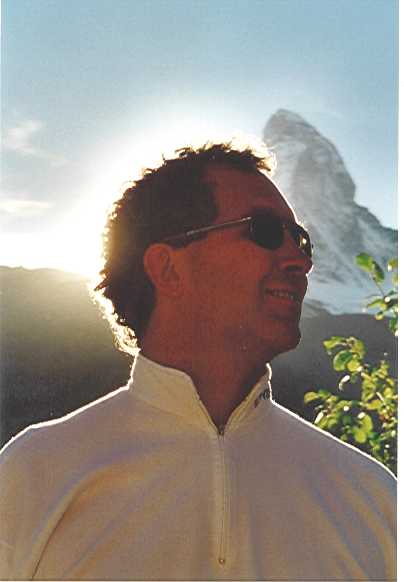This blog: WADAwatch
... was born out of the desire to increase transparency and awareness of the global anti-doping 'system'.  This is the story of the birth of the Agency that "WADAwatch" IS watching.
This is the story of the birth of the Agency that "WADAwatch" IS watching.
The PRELUDE
The International Olympic Committee, which had established its own Medical Commission in 1961; that commission defined in 1967 the strong basic principles that are the foundation of all anti-doping efforts.
Those defining principles were:
- Protection of athletes' health;
- Defence of sports ethics;
- Equality for all participants at the moment of competition.
By 1989, the then Chairman of the IOC Medical Commission, Prince de Merode, had developed the concept for "an Olympic Movement anti-doping agency". His vision included participation by the International Federations (of sport: IFs), the National Olympic Committees (NOCs), the IOC and governments. This could include, as well, certain experts from without the Olympic Movement.
One could surmise, that certain governments were reticent to advance these concepts. One could recall, the "outstanding" performances that occurred within the context of Sports as a corollary of the political Cold War. One could always blame "the other side", but one might have to cross their fingers in doing so: both sides did what they felt was correct to win and show dominance in any sphere of international life.
The DECISIONS
The first decision taken internationally was to hold, in February 1999, a World Conference on Doping in Sport.
That conference led to the 'Lausanne Declaration', for "the creation of an independent international anti-doping agency, to be fully operational for the Games of the XXVII Olympiad in Sydney in 2000."
Nine months later, after numerous (one would presume?) rounds of negotiations, WADA itself was given birth, on 10 November, 1999, from decisions originally taken by the International Olympic Committee. Created under Swiss Law, it created a Seat in Lausanne, and its first operations focused rapidly on the upcoming 2000 Summer Olympic Games in Sydney.
For Sydney, WADA implemented both its 'Independent Observer' status and program, and launched its Out of Competition program.
In 2001, WADA's Board voted for the establishment of its Headquarters in Montreal.
While not explicitly based on the liaison of Richard "Dick" Pound, a Member of the International Olympic Committee, Chairman of the WADA Board, citizen of Canada from Montreal, the taken decision allowed Mr Pound to return to Canada, as President of the World Antidoping Agency.
Pound was not a member of the WADA Evaluation Committee, which was charged with analysis of the dossiers presented by candidate cities Bonn, Lausanne, Lille, Montreal and Vienna, and the Canadian Government's offer of financial support.
See these three articles, that were published between May and the summer of 2001:
Canada is one of five countries bidding to become the location of the permanent headquarters of the WADA. WADA will render its decision on August 21, 2001, in Estonia.
"Canada has always been a world-leader in the fight against doping," stated Secretary of State Coderre. "As stakeholders involved in sport, it is our duty to do all we can to protect the health of our athletes and the integrity of their sports. Drug-free sport remains a priority of the Government of Canada, both domestically and internationally."
[.....]
The Evaluation Report assesses the following five criteria areas for each candidate city:
Anti-doping history and commitment
- Infrastructure
- Premises
- Finances
- Legal Issues
Montreal beat out Lausanne, Switzerland in the race to become the host of the World Anti-Doping Agency's headquarters by a slim 17-15 vote on Tuesday.
[.....]
Denis Coderre, Canadian secretary of state for amateur sport, said the announcement shows that the elitist IOC is starting to change its ways.
"This victory is extremely important because it was a choice between the old regime and a new one," Coderre said on a conference call shortly after the vote.
He also said that shift of administrative power away from Europe was essential to rebuild the credibility of Olympic movement, which has been severely damaged in recent years by corruption, scandal and alleged drug cover-ups. Coderre also added that the decision to award Montreal WADA's headquarters has nothing to do with Toronto losing its bid for the 2008 Summer Games to Beijing.
Nor, he says, was it a consolation prize for Montreal lawyer and former IOC vice-president Dick Pound, who lost his bid to replace Olympic boss Juan Antonio Samaranch. The job went to Belgium's Jacques Rogge.
Coming next:
Chapter TWO: The Intergovernmental Authority of WADA
Chapter THREE: The WADA CODE and its progeny
Chapter FOUR: The Future of WADA CODE Revisions
Until then,
Watch! WADA
..........@..........WADAwatch








No comments:
Post a Comment